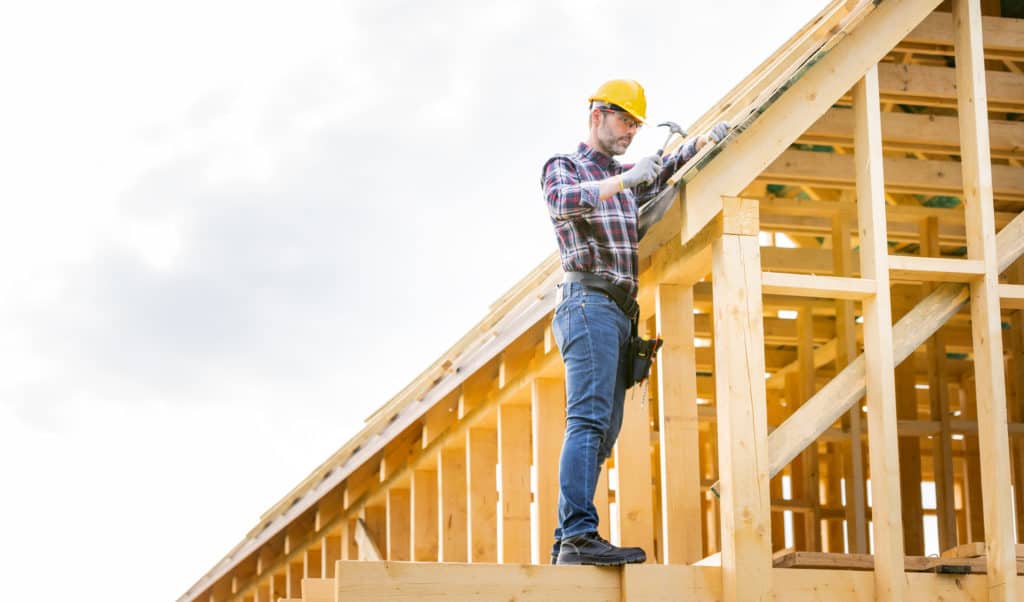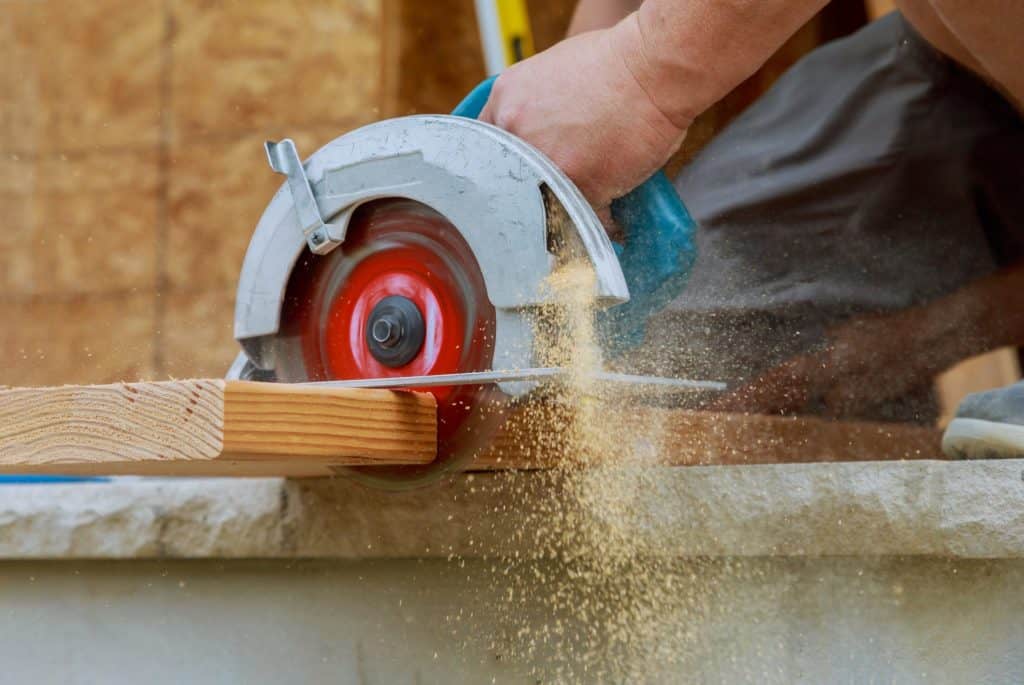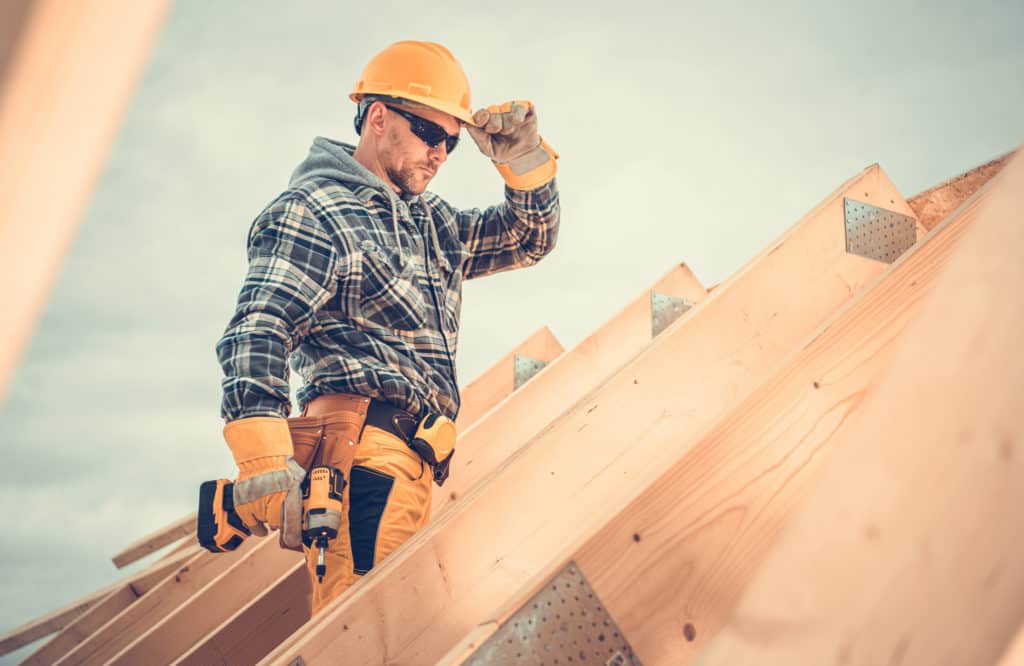There are several roof replacement warranties, each with different benefits and limitations. These warranties can be manufacturer or contractor workmanship warranties, non-prorated warranties, or extended warranties. Regardless of the type of warranty you receive, you should understand what each type covers and what you should do if you have any questions or concerns.
Non-prorated warranty
A non-prorated roof replacement warranty can provide you with additional benefits. First, this type of warranty gives you continuous protection. In contrast, a prorated warranty only covers a portion of the total cost of repairs. Increasing the warranty coverage period by upgrading your shingles is also possible.
Many manufacturers offer a non-prorated warranty for roofing materials. A non-prorated roof replacement warranty can last for 25 years or longer. For example, a 25-year warranty on asphalt shingles may cover a full hundred percent of the replacement shingles cost. However, after this time, the manufacturer’s responsibilities will decrease. To avoid this, it is best to go with a non-prorated warranty.
A non-prorated roof replacement warranty is the best choice for the average homeowner. A new roof in Southern Ontario can reach $250 per square so a 40-per-square-inch non-prorated warranty will provide continuous coverage. The manufacturer will justify this because you’ve used the roof during the first few years.
A non-prorated warranty is also the best choice if you want an insurance policy covering your roof. Many long-term warranties are prorated, so you should inquire about them before deciding. For peace of mind, choose a non-prorated roof replacement warranty if you are replacing your roof for more than ten years.
Roof warranties typically exclude the following components: roof decks, parapet walls, bulkhead walls, and base flashing. Additionally, they do not cover leakage that occurs due to components on the roof itself. Contact the manufacturer to discuss the details if you’re concerned about these components.
When looking for a roof replacement warranty, you’ll want to look for one that pays for labor and material costs. Many warranties will cover the cost of materials and labor but won’t cover labor costs, tear-off fees, and disposal fees. If you don’t find a warranty that covers these items, you’ll have to pay for the extra costs.

Contractor workmanship warranty
When hiring a roofing contractor, ask about their workmanship warranty. It varies from contractor to contractor, but most cover the work performed on your roof. A warranty is also a great way to guarantee that you won’t have to worry about leaks if rain starts falling. Most warranties cover leaks for a specified period, usually between two and 15 years. Just ensure that your contractor is the only one working on the roof; the warranty may be void if you have hired someone else to do the work.
The manufacturer’s warranty for your roof only covers the materials used in construction – not the contractor’s workmanship. The quality of the installation is essential to the lifespan and appearance of your roof. If a problem arises during installation, it can be challenging to determine if the warranty will cover the work and for how long.
A contractor typically provides a workmanship warranty but should also offer a material warranty. The latter covers any materials and labor problems that may occur during installation. The materials warranty typically covers 10 to thirty years and should also cover any manufacturing defects and premature aging of the material.
When choosing a roof replacement contractor, ask about their workmanship warranty. Some warranties are for two to five years, and some cover up to 25 years. Generally, choosing a contractor with a more extended warranty is better because it ensures you have protection in the long run. However, if a roofing contractor refuses to offer one, you should avoid them.
Getting a roof replacement is an expensive endeavor. You want to be sure that the workmanship and products used are of the highest quality. This way, your new roof will last as long as possible.

Manufacturer’s warranty
When choosing a new roof for your home, you should look for a warranty. However, it is important to know that most roof warranties only cover materials. This means you’ll have little recourse if your roof leaks or the warranty is invalid. In addition, many warranties have many exclusions, making them less valuable than they could be.
Generally, no-dollar-limit warranties will cover the cost of defective materials but won’t cover labor. To avoid this, find a warranty that doesn’t have dollar limits. Also, make sure that the warranty specifies the exclusions from coverage. Examples of these exclusions include ponding, ‘act of God’ damage, and failing to notify the manufacturer of ownership.
A manufacturer should send a representative to your home once or twice a month for the duration of the repair process. This representative will inspect the roof to determine whether any materials were improperly installed. They should also check for conditions that might affect the roof’s performance. Finally, they should complete a final inspection after the job is finished.
The warranty that comes with a new roof should cover both materials and labor. The materials and labor covered under warranty may overlap. It’s important to read the warranty carefully since it’s a complicated document, and the key terms often need help understanding. You should also ensure that your contractor is certified by the manufacturer or affiliated with a manufacturer. This will help ensure that you’re protected in the event of an unforeseen problem with your roof.
In addition to warranties for materials and labor, manufacturers also offer lifetime warranties for roofing materials. Lifetime warranties for shingles can range from 20 to 50 years. However, these warranties only cover defective materials. Warranty policies will not cover weather damage and other outside conditions. In addition, many warranties require proof of proper maintenance of your roof.
Manufacturers’ warranties for roof replacement are different for each type of material. Some warranties cover only the roof membrane, while others cover only the materials and labor used in the installation.

Extended warranty
Extended warranties for roof replacement may help you avoid significant expenses. You should be aware that they cover different things. Many types of warranties are available, and the coverage provided by a warranty depends on the company you buy it from. Some warranties cover only the material and labor, while others cover a broader range of situations.
When choosing a warranty for roof replacement, ask the manufacturer to provide a list of covered items and their warranty periods. Some warranties do not cover damages to your home caused by moisture, which may negate the purpose of a warranty. Other problems that can void a warranty include improper installation, failure to follow schedules, bringing in a different contractor, and needing to read the fine print.
An extended warranty is a great way to protect your investment. Buying an extended warranty for roof replacement provides you with peace of mind. It covers the installation of the new roof and the roofing products themselves. In addition to protecting your investment, you can also protect your building’s structure and electrical components through comprehensive coverage included with the warranty.
In addition to the extended warranty, you can also buy a basic warranty from your contractor. A basic warranty is a good option, but extended manufacturer warranties are an excellent choice if you’re looking for peace of mind. However, make sure to register your roof with the manufacturer to make sure it remains under warranty.
An extended warranty for roof replacement can cover the materials and labor costs. It’s best to choose a manufacturer that offers a comprehensive warranty. Such a warranty covers most of the components of a roof, from underlayment to starter shingles. A manufacturer’s complete warranty is even better, covering various conditions, including natural damage, product failure, and installation errors.
Before purchasing an extended warranty, you must check whether the company you hire is authorized to provide the warranty. Some warranties require the contractor to register with the manufacturer within a specific period. This can be a headache if you need to file a warranty claim.



